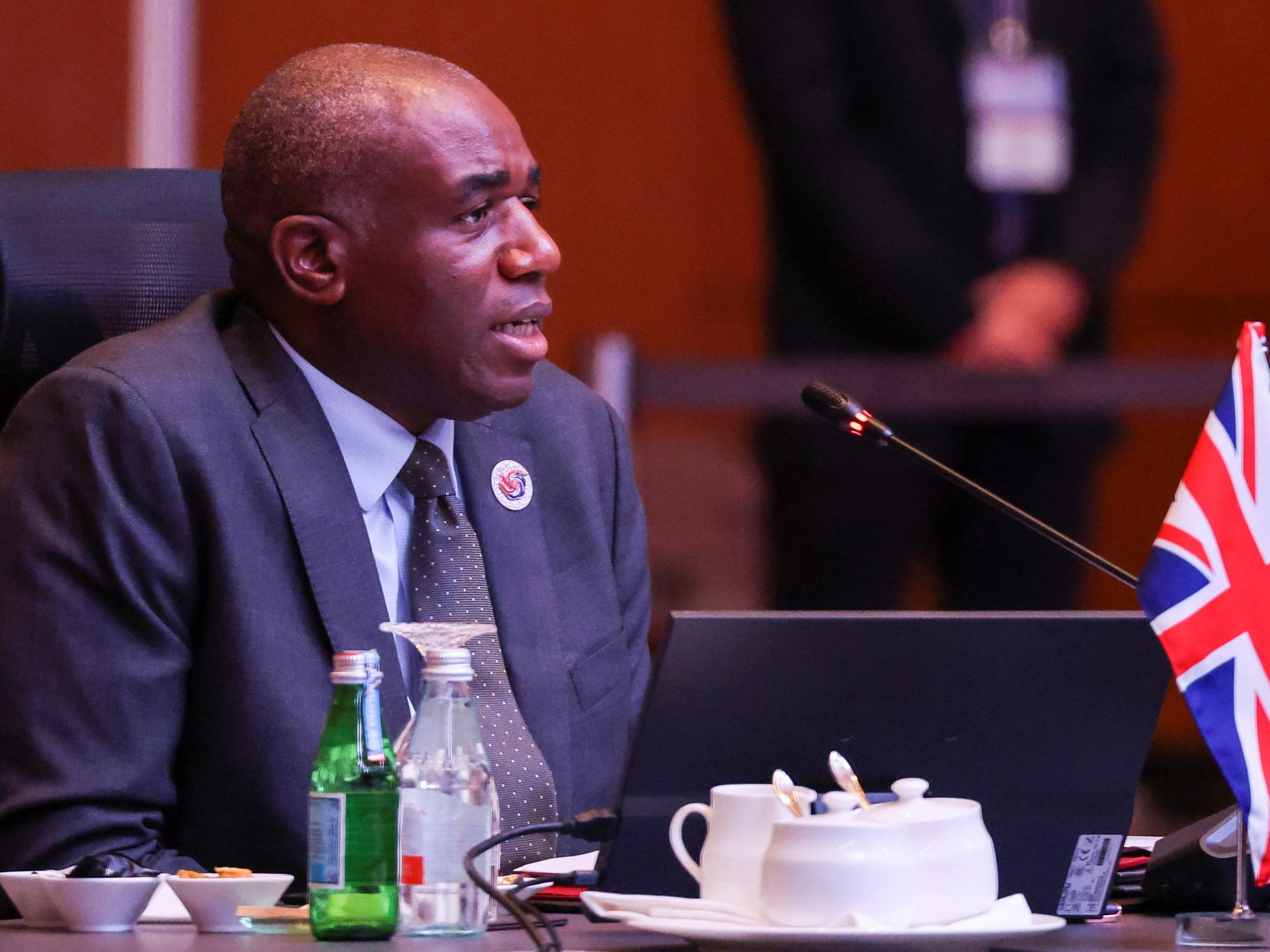

ISLAMABAD: The launch of satellite-based internet services in the country has been delayed as authorities look to invite more players into the field and formulate stricter regulations for foreign satellite operators, following the recent India-Pakistan and Iran-Israel conflicts.
Following the expiration of the temporary no-objection certificate (NOC) for Starlink in March, all foreign satellite operators are now required to submit new applications under the newly drafted Satellite Communications Regulations.
These regulations are being finalised by the Pakistan Space Activities Regulatory Board (PSARB), based on industry feedback gathered during a recent roundtable discussion.
In addition to Starlink, two other Low Earth Orbit (LEO) operators, OneWeb and Shanghai Spacecom Satellite Technology (SSST), have expressed interest in starting operations in Pakistan.
Once registered under the new regulations, satellite internet providers will need to obtain operational licences from the Pakistan Telecommunication Authority (PTA).
A PTA official said that all companies, including Starlink, can launch their services by the end of this year. Meanwhile, sources told Dawn that Elon Musk, the founder of SpaceX, is also likely to attend the launch ceremony.
Starlink was the first company to submit a formal application for registration, but delays in licensing have occurred due to the absence of regulations. The company has already been granted approval to provide satellite internet services in India.
A senior official from the Ministry of IT and Telecom emphasised the need for stringent regulations to ensure security, particularly in light of recent conflicts.
“The new regulations will include important security clauses that may have been overlooked if the recent wars had not occurred,” the official said. “Besides, Pakistan needs more than one satellite internet provider, and two more companies have expressed interest.”
The LEO satellite network operates at an altitude of less than 2,000km from the Earth’s surface, offering high-speed data connectivity in all weather conditions at a relatively low cost, with a latency delay of only 25 milliseconds.
Pakistan’s state-owned company, PakSat, a subsidiary of Suparco, currently provides satellite internet through Satellite Multi-Mission-1 (MM-1), the country’s second telecommunication satellite, launched in August 2024.
Unlike LEO satellites, the MM-1 is a geostationary satellite positioned at an altitude of around 37,500km above the Earth’s surface, with a latency delay of about 600 milliseconds.
PakSat currently serves around 300 clients, with a capacity to accommodate up to 5,000 users. The service is primarily sold to the corporate sector, armed forces and telecom providers for remote regions.
Published in Dawn, July 12th, 2025





